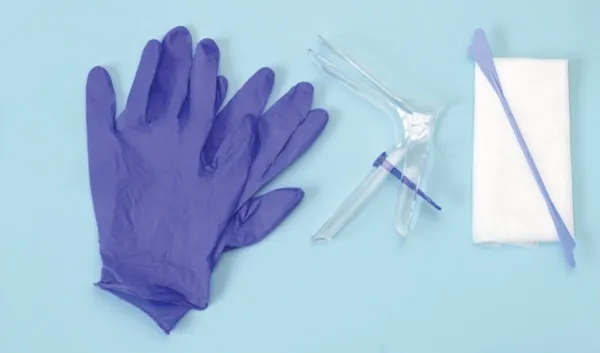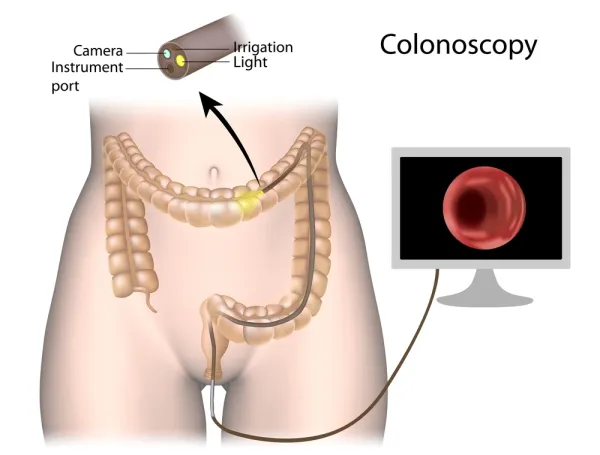EM Coding Alert
Be Precise When Coding Repeat Pap Smear Visits
Some payers care whether the retest is diagnostic. For a female patient to return to your practice for a repeat Pap smear is common practice, but do you know how to avoid the common mistakes when it comes to reporting the evaluation and management (E/M) service and diagnosis? Imagine a scenario where a patient returns because the Pap smear returns an abnormal result or there were insufficient cells: Does your coding match this advice? Utilize a Visit Code When the patient comes in for a second Pap smear, submit the appropriate E/M service. CPT® does not include a code for taking the Pap, so you should use the office visit code (99211-99215). You will probably report 99212 for the Pap retest visit because the patient is here only for the Pap smear. That translates to almost $57 per visit, using the Medicare Physician Fee Schedule national rate. Code 99212 (Office or other outpatient visit for the evaluation and management of an established patient ...) carries 1.63 relative value units (1.27 RVUs x 2021 conversion factor 34.8931 = $56.88). Know These Criteria for Billing the Collection Private payer: Some private payers will reimburse for handling the repeat Pap smear specimen (99000, Handling and/or conveyance of specimen for transfer from the office to a laboratory), but under CPT® rules, you should not report this handling code unless the office incurs an expense over and above normal costs (such as paying for someone to deliver the specimen or using office equipment to process the specimen before transportation), says Jan Rasmussen, PCS, CPC, ACS-OB, ACS-GI, president of Professional Coding Solutions in Eau Claire, Wisconsin. Medicare: But Medicare carriers consider the collection and handling part of the E/M service when it is done for diagnostic purposes, and you should not code for it separately. That is, if the Pap is repeated due to an abnormality, the code Q0091 (Screening Papanicolaou smear; obtaining, preparing and conveyance of cervical or vaginal smear to laboratory) may no longer be billed to Medicare. Look to These ICD-10-CM Codes You should use R87.61- (Abnormal cytological findings in specimens from cervix uteri…) as the diagnosis code if the ob-gyn repeats the Pap smear due to abnormal results. This code requires a sixth digit, experts say. If you don’t include the sixth digit, this could be a reason for a denial. Example: A 32-year-old woman with multiple sexual partners presents for an annual exam. She has not had a Pap smear in four years. The Pap results return ASC-US, and the physician asks her to come back in four months for a repeat Pap to follow any abnormal cell progress. When the patient returns, you should code the appropriate office visit with R87.610 (Atypical squamous cells of undetermined significance on cytologic smear of cervix (ASC-US)) because this what the provider knows about the patient’s condition at the time of the repeated Pap. Resolve Inadequate Sample Situation On the other hand, if the patient requires a second Pap smear because the first sample was inadequate (that is, the lab did not have enough cells in the specimen to interpret the results), you should report Rh87.615 (Unsatisfactory cytologic smear of cervix). For example, the ob-gyn misses the cervical opening when taking a Pap smear because the patient is obese. The Pap result indicates the absence of endocervical cells, and the physician likely would require another Pap. In this case, you would submit the second Pap screening with R87.615, assuming this is not a Medicare patient. When this occurs with the Medicare patient, your diagnosis code changes to Z12.4 (Encounter for screening for malignant neoplasm of cervix) for a routine re-screening or Z77.9 (Other contact with and [suspected] exposures hazardous to health) if the patient was considered high risk. Remember: Medicare will require you to bill this repeat Pap using code Q0091 rather than an E/M service, because Medicare still considers this to be a screening. And since you are repeating it, you should add modifier 76 (Repeat Procedure or Service by Same Physician or Other Qualified Health Care Professional) to this Q code.

Related Articles
EM Coding Alert
- Prolonged Services:
Add One More Step to Your Billing Workflow to Appease CMS
Hint: You cannot add prolonged service codes to service levels calculated by medical decision making. [...] - Documentation:
Prioritize Coding These ‘Minor’ Visits to Ethically Boost Your Bottom Line
Missing a F2F component may not totally diminish an encounter. Your providers sometimes need to [...] - Specialty Spotlight:
Be Precise When Coding Repeat Pap Smear Visits
Some payers care whether the retest is diagnostic. For a female patient to return to [...] - You Be the Coder:
Count on New Prescription to Code This Encounter
Question: An established patient comes in for a routine evaluation and management (E/M) visit, where [...] - Reader Questions:
Talking Shop May Not Pay
Question: Our ophthalmologist treated a patient with severe eye injuries due to a car accident. [...] - Reader Questions:
Use One Bullet for Test Order and Review
Question: I am still getting used to the new rules for office/outpatient evaluation and management [...] - Reader Questions:
Look to Criteria for Drug Therapy
Question: What qualifies as “drug therapy requiring monitoring” in the high-risk level of complications and/or [...]




